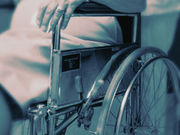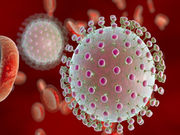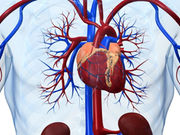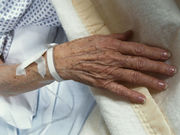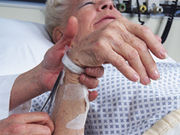Concussions Found to Be Common in Water Polo
Average was just over two per person; researchers found they were more common among females
Spinal Cord Transplant of Neural Stem Cells Can Be Safe in ALS
But further research needed to see if intraspinal injections would provide any benefit
Zika Virus Congenital Syndrome: A New Teratogenic Disease
Second study shows evidence for link between Zika infection, congenital CNS malformations
Electronic Record Demands Are Overwhelming Many Physicians
Survey found those who have to use EHRs/CPOEs report more burnout, job dissatisfaction
Pharmacy Programs to ID Opioid Abuse Effective, but Underused
Monitoring program in Maine was only used by 56 percent of pharmacists
Pregnancy May Lengthen Life of Zika Virus Infection
But researchers also find that infection boosts future immunity
Cardiovascular Disease Mortality Progress Slowing Down in U.S.
Mortality rates dropped less than 1 percent from 2011 to 2014
End-of-Life Care Received Varies Based on Type of Disease
Cancer and dementia patients get more access to palliative care
Coprescribing Naloxone to Opioid Users Helps Reduce ER Visits
Finding supports naloxone prescriptions for patients taking opioids for chronic pain
Too Many Elderly, Terminal Patients Getting Unnecessary Tx
Doctors, caregivers must be able to better recognize when death is imminent and unavoidable








